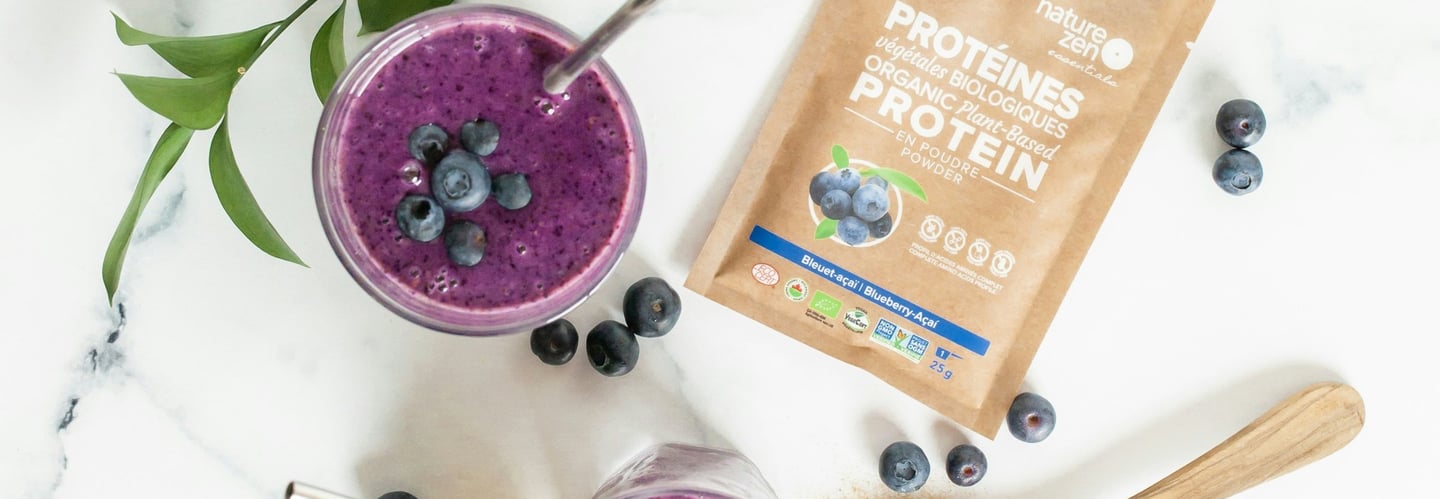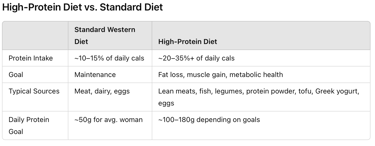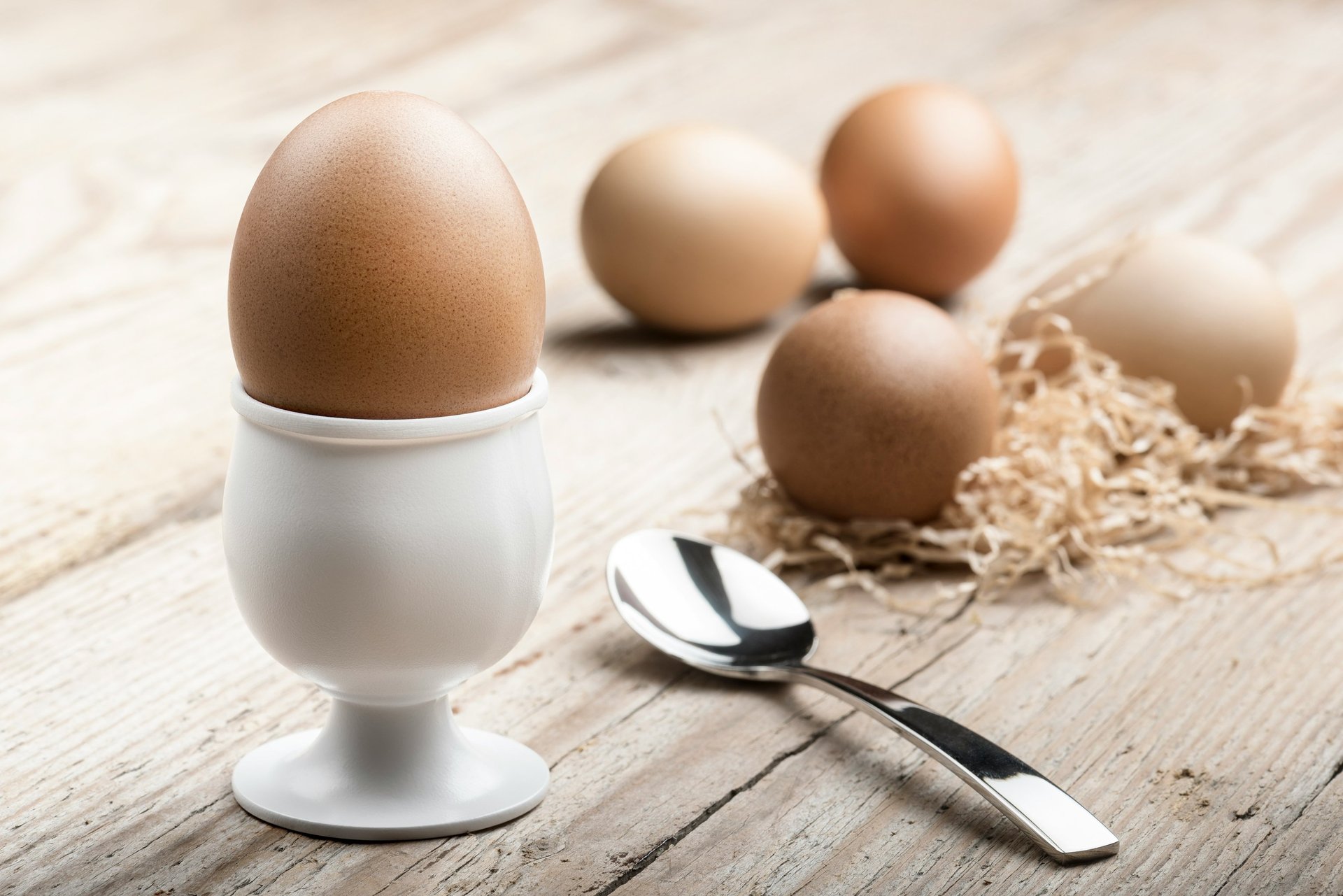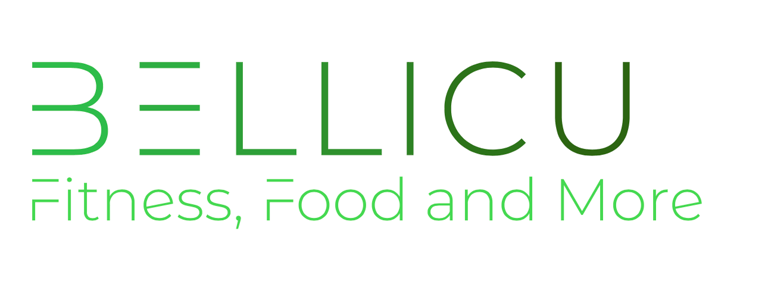Discover the Power of Protein
At our platform, we explore high-protein diets, their benefits, and whether they suit your lifestyle. Join us in understanding how protein can enhance your health and fitness journey.


Your Health, Our Mission
Fuel Your Fitness Journey
We provide insights into high-protein diets, helping you navigate meal options and understand their impact on weight loss, strength gain, and overall well-being. Let's embark on this nutritional journey together.
High-Protein Diets: Are They Right for You?
High-protein diets have surged in popularity — not just among bodybuilders and athletes, but also everyday people looking to lose weight, gain strength, or improve their overall health. From meal prep containers stacked with grilled chicken to protein bars lining supermarket shelves, it’s clear that this macronutrient is having a major moment.
And the hype isn’t unfounded. Research shows that increasing your protein intake can boost fat loss, preserve lean muscle, enhance recovery, and curb cravings — often without requiring severe calorie restriction or cutting out entire food groups. That’s a huge win for anyone aiming for sustainable results rather than short-term dieting.
Whether you’re trying to tone up, trim down, manage your appetite, or just feel more energized, protein might be the macro you’re underestimating. It plays a foundational role in virtually every system of your body — from muscle repair and hormone production to immune function and metabolism.
But here’s the thing: not all high-protein diets are created equal, and more isn't always better. Just because it works wonders for one person doesn't mean it’s the perfect solution for everyone. Age, activity level, health history, and dietary preferences all factor into how much protein you need — and how your body responds to a higher intake.
So before you start doubling your chicken portions or downing protein shakes between meals, it’s worth taking a closer look at the science behind high-protein diets, their potential risks, and how to tailor this approach to your lifestyle in a way that actually works long-term.
Let’s dig in.
What Is a High-Protein Diet?
A high-protein diet is generally defined as a dietary pattern where 20–35% or more of daily calories come from protein. This is significantly higher than the Recommended Dietary Allowance (RDA) of 0.8 grams per kilogram of body weight — which is widely regarded as the minimum needed to avoid deficiency, not the ideal for thriving.
High-Protein Diet vs. Standard Diet


Why Are High-Protein Diets So Popular?
Over the past decade, high-protein diets have moved from niche bodybuilding circles into mainstream wellness culture — and for good reason. From intermittent fasting influencers to weight-loss apps and personalized meal plans, protein is consistently recommended as the macro that makes everything easier: losing fat, building muscle, recovering faster, and feeling more satisfied after meals.
What’s driving the trend? A growing body of research supports what fitness pros have known for years: a higher protein intake can accelerate results while making the journey feel less like a struggle.
The Science of Satiety
Protein isn’t just filling — it’s strategically satisfying. When you eat protein-rich foods, your body releases hormones like GLP-1 (glucagon-like peptide-1) and PYY (peptide YY), which send powerful satiety signals to your brain. At the same time, protein helps suppress ghrelin, the primary hormone that stimulates hunger.
This three-pronged hormonal response is unique to protein and helps explain why high-protein meals leave people feeling fuller for longer. When you’re satisfied, you naturally eat fewer calories — often without even trying. That’s a game-changer for anyone who struggles with portion control, emotional eating, or late-night snacking.
Fact: In studies comparing equal-calorie meals with different macronutrient profiles, protein consistently outperforms both carbs and fat in reducing subsequent food intake.
Higher Thermic Effect
Not all calories are created equal when it comes to digestion. Protein requires significantly more energy to break down, absorb, and metabolize than carbs or fats. This phenomenon, called the thermic effect of food (TEF), gives protein a distinct metabolic advantage.
Here’s how it breaks down:
Protein: 20–30% of calories burned during digestion
Carbohydrates: 5–10%
Fats: 0–3%
That means if you eat 100 calories of chicken breast, up to 30 of those calories are burned just processing the food. While it won’t replace a workout, this added metabolic boost contributes to improved energy balance and can support fat loss over time — especially when combined with a strength training routine.
Diet Simplicity Meets Lifestyle Flexibility
High-protein diets are also popular because they’re relatively simple to follow. You don’t have to track every gram of carbs, enter ketosis, or give up your favorite foods — you just focus on building meals around a solid source of protein and let the benefits compound.
Plus, this approach can be easily customized:
Want to lose fat? Combine high protein with a slight calorie deficit.
Want to gain muscle? Increase calories around your protein base.
Plant-based? You can still go high-protein with the right combinations and planning.
Busy lifestyle? Protein shakes, bars, and meal-prepped foods make it doable on the go.
The combination of science-backed effectiveness, flexibility, and real-world results has made high-protein eating one of the most sustainable and impactful strategies for people looking to feel better, look better, and perform better.
Key Benefits of High-Protein Diets
1. Fat Loss Without Muscle Loss
When in a calorie deficit, your body may burn both fat and muscle for energy. A high-protein intake helps preserve lean tissue — ensuring that most of the weight you lose is actually fat.
In a 2016 study, participants on a high-protein diet lost the same amount of weight as a moderate-protein group — but preserved 45% more muscle mass.
2. Muscle Growth and Strength
Resistance training plus protein = gains. After training, your body needs amino acids to rebuild muscle fibers stronger than before. Without enough protein, you limit hypertrophy and strength development.
Optimal intake for muscle gain:
1.6 to 2.2 g of protein per kg of body weight per day (higher for advanced lifters or during cuts).
3. Improved Blood Sugar and Insulin Response
Higher protein diets, especially when they reduce refined carbs, can stabilize blood glucose levels. Protein slows the absorption of glucose and reduces post-meal spikes, making it beneficial for prediabetics and those with insulin resistance.
4. Hormonal and Cognitive Support
Protein provides amino acids like tryptophan and tyrosine — precursors for neurotransmitters such as dopamine, serotonin, and norepinephrine. Adequate intake may support better mood, focus, and hormonal balance.
But Wait — Are There Risks?
Despite the benefits, not everyone thrives on a high-protein diet. Here’s what to watch for:
❌ Kidney Concerns (in Pre-existing Conditions)
For healthy people, high-protein diets are not harmful to the kidneys. But for those with chronic kidney disease (CKD), reducing protein may be necessary. Always consult a physician if you have a medical condition.
❌ Nutrient Crowding
Overemphasizing protein — especially from animal sources — without balancing fiber, antioxidants, and healthy fats can create micronutrient gaps. A high-protein diet should still be rich in vegetables, fruit, legumes, and whole grains where appropriate.
❌ Digestive Distress
Low fiber intake, especially in low-carb high-protein diets, may lead to constipation. Additionally, rapid increases in protein can cause bloating or discomfort — particularly with powders or dairy-based sources.
How Much Protein Do You Need?
Use this chart as a guideline depending on your goals


Example:
A 75 kg (165 lb) woman looking to tone up would aim for 120–150g protein per day.
Best Sources of High-Quality Protein
Animal-Based Proteins (complete amino acid profiles)
Chicken breast
Turkey
Eggs & egg whites
Greek yogurt
Cottage cheese
Whey or casein protein
Salmon, tuna, white fish
Lean beef or bison
Plant-Based Proteins (may need to combine sources)
Lentils, chickpeas
Tofu, tempeh, edamame
Quinoa
Hemp seeds, chia seeds
Pea protein isolate
Soy milk, oat milk (check protein content)
Tip: Combine rice + beans, or hummus + whole grain pita to get a complete amino acid profile from plants.
Tips for Incorporating More Protein Into Your Day
Front-load Your Protein
Start your day with eggs, Greek yogurt, or a protein smoothie. Waiting until dinner makes it harder to hit your target.Build Every Meal Around Protein
Use a palm-sized portion of protein (20–40g) as the base of your plate, then add carbs and fats.Snack Smarter
Replace carb-heavy snacks with high-protein options like boiled eggs, jerky, low-sugar protein bars, or cottage cheese.Choose Protein-Focused Convenience Foods
Keep high-protein items on hand — think pre-cooked chicken, canned tuna, hard-boiled eggs, or protein yogurt.Use a Tracker or Meal Planning App
Most people think they’re eating enough protein but aren’t. Logging your meals for a few days can be eye-opening.
Is a High-Protein Diet Right for You?
✅ You’ll likely benefit if you:
Are trying to lose fat and maintain muscle
Want better appetite control
Strength train or are active regularly
Are over age 40 and want to prevent muscle loss
Are prediabetic or looking to stabilize blood sugar
🚫 Consider a different approach if you:
Have kidney disease or severe liver issues
Follow a poorly planned vegan diet without supplementation
Rely heavily on processed meat or powders without whole foods
Experience GI distress or low energy from carb restriction
Final Takeaway: Protein Is Powerful, But Balance Is Key
High-protein diets aren’t a magic bullet — but they are a well-supported, versatile strategy for improving body composition, hunger regulation, and metabolic health. The key is personalization: dialing in the right amount and sources for your body, your goals, and your lifestyle.
Whether you’re aiming to get lean, strong, or simply feel more energized and in control of your appetite, a well-balanced high-protein diet might be exactly what you need.

High-Protein Diets
Explore the benefits and considerations of high-protein diets for weight loss and overall health.
Diet Insights
Discover how high-protein diets can transform your health and fitness.
I've lost weight and gained strength thanks to high-protein meal plans!
Alex Johnson
New York
High-protein diets have truly changed my life; I feel stronger and healthier every day!
Sarah Lee
Los Angeles
